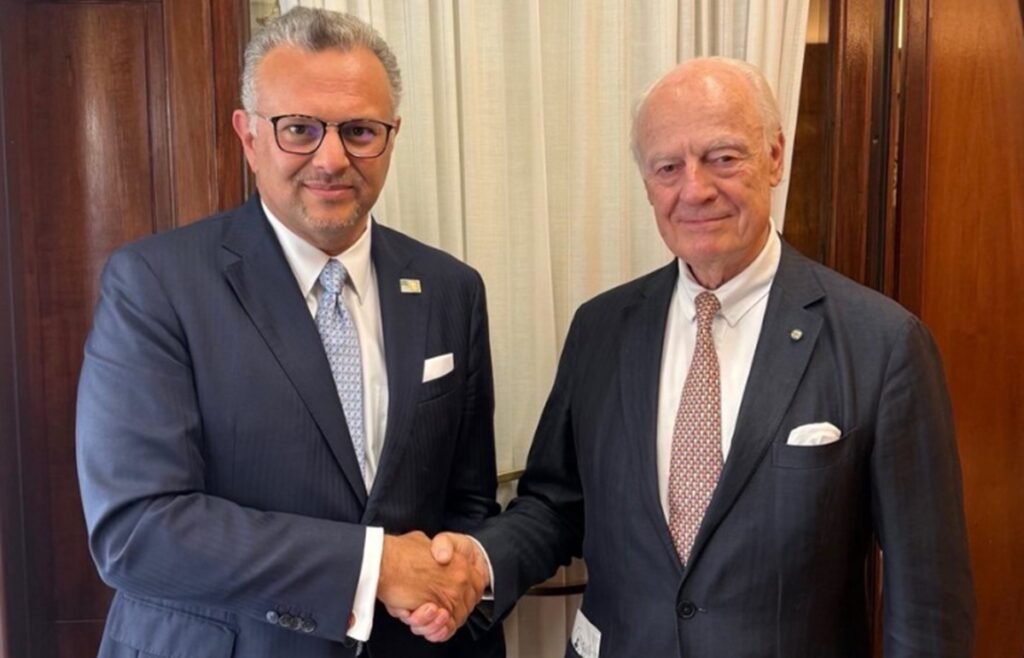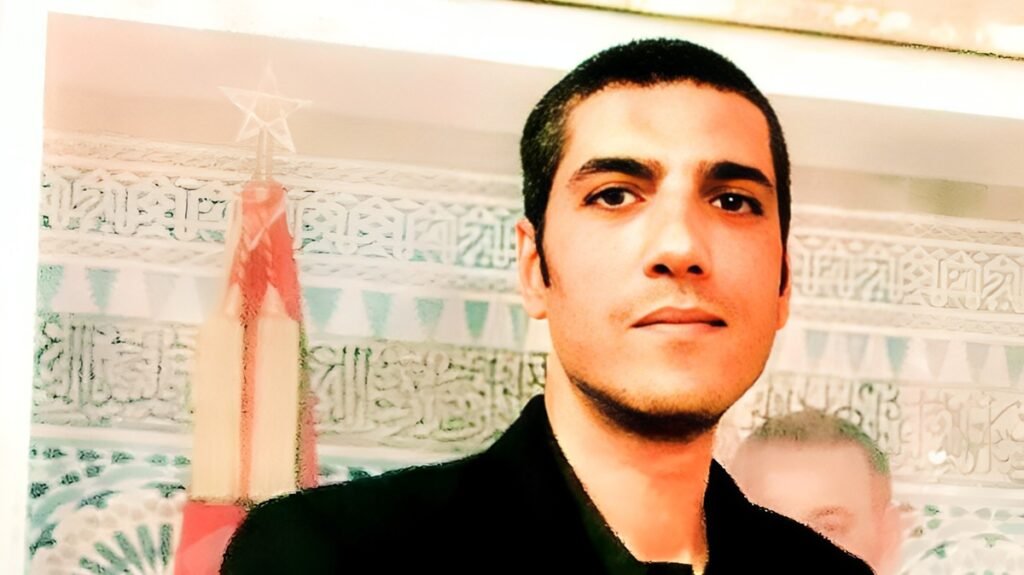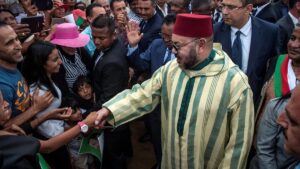Affirming Moroccan sovereignty: an explicit American message through the United Nations

Mohamed Azouz (Moroccan writer and journalist)
The statement by Massad Boulos, US President Donald Trump's advisor for Africa and the Middle East, marks a significant strategic diplomatic move, marking a new and unwavering US reaffirmation of the United States' principled position on the Western Sahara issue. Following his meeting with the UN Secretary-General's Personal Envoy for Western Sahara, Staffan de Mistura, on the sidelines of the 80th session of the UN General Assembly, Boulos emphasized that a serious and realistic autonomy initiative within the framework of Moroccan sovereignty is the "only basis" for a just, lasting, and mutually acceptable solution.
This statement is read as a reaffirmation of the American support trajectory that began with Washington's historic 2020 recognition of the Sahara, which affirmed that the Sahara is an integral part of Moroccan national territory. The US's adherence to this position, regardless of changing administrations, reflects a growing international conviction in the credibility of the Moroccan proposal as the only framework capable of ending the artificial conflict. This steadfastness reinforces confidence in the royal vision for resolving this conflict, which is based on full national sovereignty and the delegation of powers to the inhabitants of the southern provinces to manage their own affairs.
Expressing "happiness to build" on the dialogue with the UN envoy is evidence of the effective strategic coordination between Washington and the United Nations, which serves the interests of realistic and practical solutions. This dialogue is an opportunity to strengthen Morocco's position in international circles, as the explicit reference to genuine autonomy as the "only way" to a solution represents an implicit and categorical rejection of the outdated separatist theses that promote independence or an unrealistic partition. This affirmation establishes the autonomy initiative as a recommended international framework, taking into account geopolitical balances and guaranteeing the rights of the population.
The discussion of renewing MINURSO's mandate is of utmost strategic importance, especially since this statement comes just weeks before the United States drafts the annual Security Council resolution. This timing suggests indirect American pressure to "adapt" the mission's mandate to align with the new political reality, which recognizes Morocco's accelerating dynamism on the ground and growing international recognition of its sovereignty. The message here is clear: MINURSO's mandate must be transformed from a tool for prolonging the debate into a mechanism for stabilization, in line with Morocco's successes in achieving comprehensive development and security in its southern provinces.
Paul's assertion that the Moroccan solution will "bring prosperity, peace, and stability to the entire region" is a direct and responsible call to its neighbors, especially Algeria, to immediately engage in serious, direct negotiations without preconditions. This statement represents a diplomatic victory for Morocco and highlights the strength of the strategic alliance with the United States. This support also encourages the continuation of the unprecedented development process in the Moroccan Sahara, which is the best evidence of the Kingdom's commitment to ending the conflict through the autonomy project. It also reinforces optimism that the upcoming October resolution may finally consolidate the UN process toward a realistic and only political solution, thus opening a new page of shared development and regional stability.






